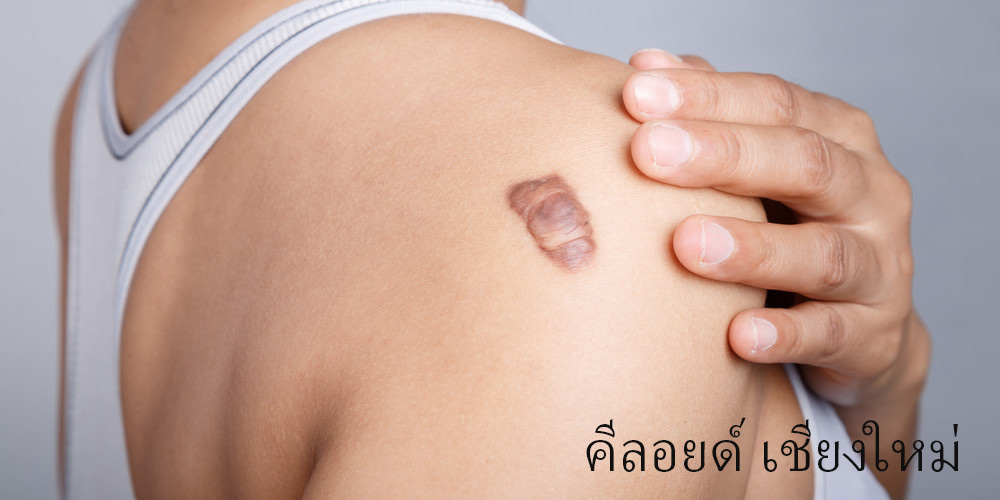
Does an Oily Scalp Cause Hair Loss?
Does an Oily Scalp Cause Hair Loss?
Your scalp, like the skin on the rest of your body, contains small oil and wax-producing glands called sebaceous glands. The oil produced from these glands is called sebum! In addition to keeping your skin moisturized, these glands are responsible for your hair’s hydration, too! When your glands are producing too much oil, this can cause your hair and scalp to be overly greasy. Although this seems harmless, excess oil can clog pores on your scalp which can prevent your hair follicles from growing normally! And as a result, you may experience rapid hair loss.
There are lots of factors that contribute to oil production of these glands, but the most well-known is fluctuating hormones. (“Ew, gross!” I know. It’s okay.) Stress can also be a factor for BOTH genders, as stress can cause an imbalance in hormones for men and women! (Stress is the ultimate bad guy. Let’s blame everything on it.)
In addition to keeping your stress levels low, you can prevent an oily scalp by avoiding shampoos, conditioners, and styling products that contain heavy oils and resins. There are also dermatological (skin-related) conditions like psoriasis and seborrheic dermatitis in your scalp that can cause skin cell build-up and increased oil production in sebaceous glands.
The short answer is yes! The slightly less short answer is that an oily scalp definitely contributes to hair loss but is often not the sole cause of it. Excess amounts of oils can trap and attract dirt, dandruff, and product build up, which clogs pores and prevents new hair growth. In addition to this, one of the leading causes of hair loss in men over 50 has been linked to the hormone DHT, which shrinks the hair follicle as well as causes an oily scalp.
There’s no need to panic if you struggle with an oily scalp or greasy hair! In fact, there are super easy ways to prevent hair loss via oiliness! Drinking plenty of water, striving for a healthy diet, and reducing daily stress can all be awesome steps towards balancing hormones that cause excess oil production. You can also try shampooing every other day, and using a clarifying shampoo like Solu shampoo once a week. If need be, you can wash more frequently or daily, but try using a gentle sulfate-free shampoo and conditioner, like Minu shampoo and conditioner!




